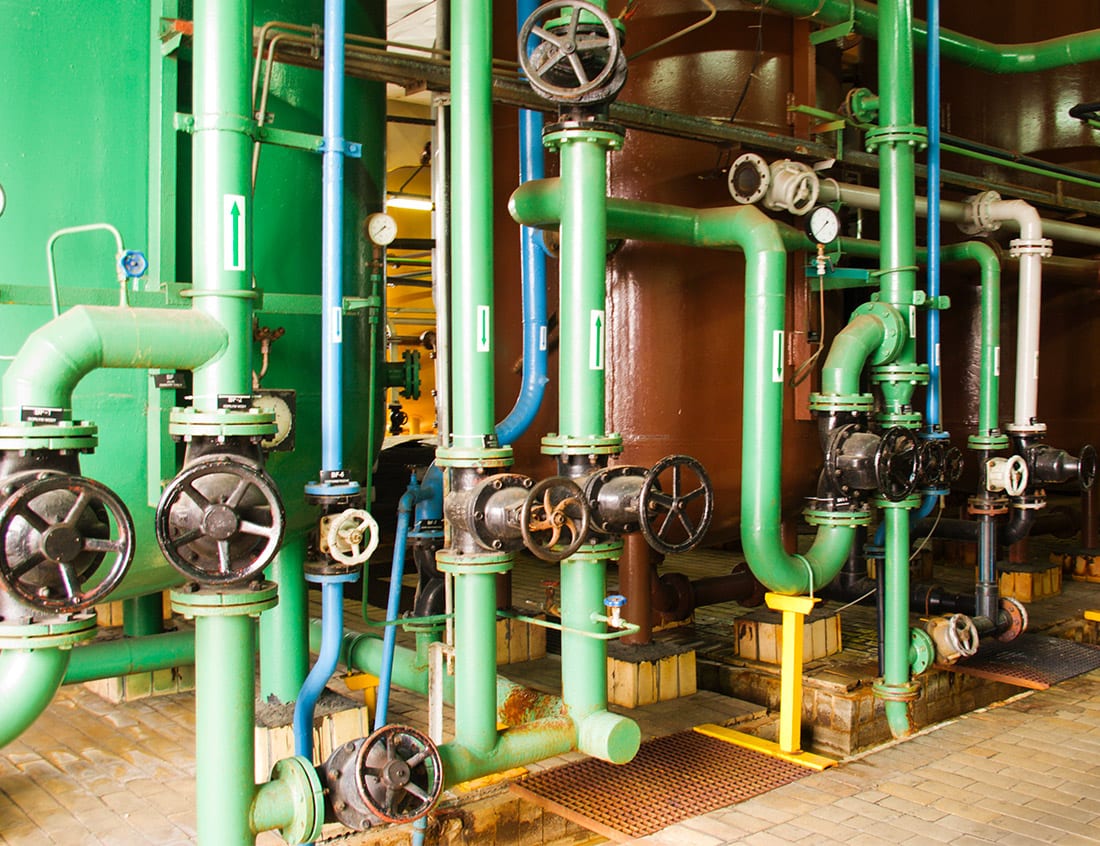Boiler Water Treatment Process: Ensure Maximum Efficiency
Introduction
Boilers lie at the heart of power plants and industrial operations, converting water into steam under high pressure. Ensuring boiler efficiency hinges on selecting the right boiler water treatment process. By removing impurities and harmful substances, you not only protect your equipment from scale and corrosion but also maximize performance while minimizing downtime.
Key Factors Influencing Water Treatment Choice
-
Feedwater Quality
- The initial purity of your feedwater largely determines which treatment process you need.
- High hardness or dissolved solids often require more intensive methods, such as ion exchange or reverse osmosis.
-
Boiler Type & Operating Pressure
- High-pressure boilers need stringent water purity to avoid corrosion, scale, and potential explosions.
- Low-pressure boilers may tolerate fewer treatment steps but still benefit from preventing mineral buildup and oxygen-related damage.
-
Cost & Environmental Considerations
- Treatment processes vary in cost—both upfront and operational.
- Certain methods generate more waste or require more energy, which may conflict with environmental regulations or sustainability goals.
Common Boiler Water Treatment Processes
1. Softening
- Purpose: Remove hardness ions (calcium, magnesium) to prevent scale formation.
- Methods: Ion exchange, lime-soda softening, reverse osmosis.
- Benefits: Prolongs boiler life by minimizing mineral deposits that reduce heat exchange efficiency.
2. Deaeration
- Purpose: Eliminate dissolved oxygen that can speed up corrosion.
- Methods: Mechanical deaeration (spray or tray designs), thermal deaeration, chemical oxygen scavengers.
- Benefits: Reduces the need for frequent repairs and chemical treatments by preventing rust and corrosion.
3. Demineralization
- Purpose: Remove dissolved salts and minerals to achieve high-purity water.
- Methods: Ion exchange (mixed bed systems), reverse osmosis.
- Benefits: Essential for high-pressure boilers that demand ultra-clean feedwater to maintain performance and safety.
4. Filtration
- Purpose: Remove suspended solids such as rust, dirt, and organic matter.
- Methods: Sand filtration, cartridge filtration, precoat filtration.
- Benefits: Improves overall water clarity, reduces fouling, and enhances the effectiveness of subsequent treatment steps.
5. Chemical Treatment
- Purpose: Control corrosion, scale, and pH levels in the boiler water.
- Chemicals Used:
- Oxygen Scavengers (e.g., sodium sulfite)
- Alkalinity Builders (e.g., sodium hydroxide)
- Amines (for pH control and protective film formation)
- Anti-Scaling Agents (phosphates, polyphosphates)
- Corrosion Inhibitors (nitrites, filming amines)
- Benefits: Maintains chemical balance to avoid equipment damage and maintain peak operational efficiency.
Selecting the Best Water Treatment Process
Choosing the optimal water treatment process involves balancing multiple considerations:
- Assess Feedwater Quality: Perform thorough testing to identify hardness, TDS (total dissolved solids), pH, and other indicators of water composition.
- Match Boiler Requirements: Higher pressures and more delicate components typically demand more rigorous water treatment.
- Evaluate Costs & Regulations: Choose a method that meets budget constraints while aligning with environmental guidelines.
- Consult Experts: Collaborate with experienced engineers or water treatment specialists to design a system tailored to your facility’s unique needs.
Conclusion
From softening and deaeration to chemical treatment and advanced filtration, each boiler water treatment process serves a specific purpose in protecting your boiler from scale, corrosion, and costly breakdowns. By carefully evaluating feedwater quality, boiler type, and regulatory demands, you can select the most effective strategy for your operation. Investing in a well-designed treatment program pays off in higher efficiency, fewer repairs, and a longer equipment lifespan—making it a cornerstone of any successful boiler operation.

